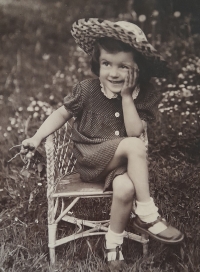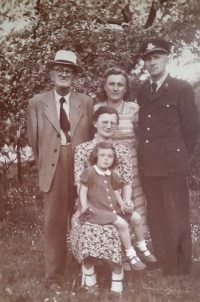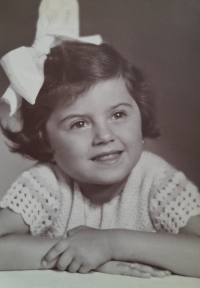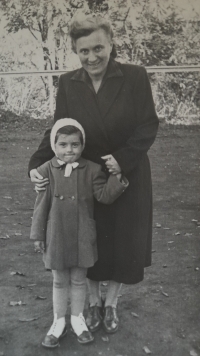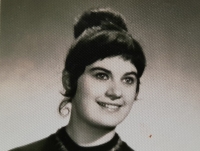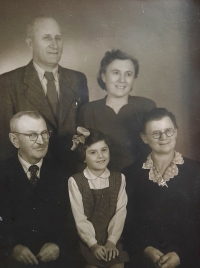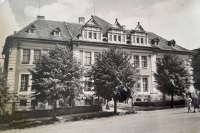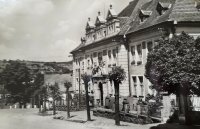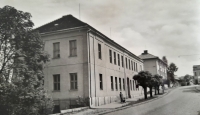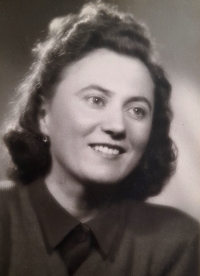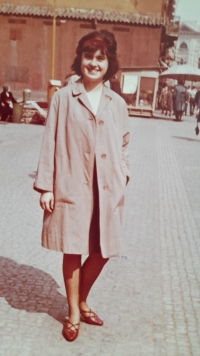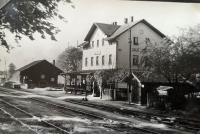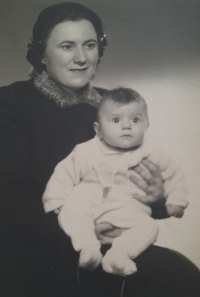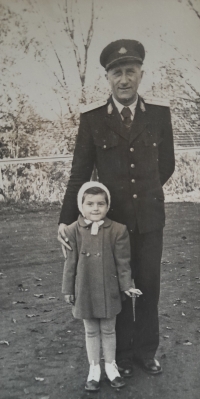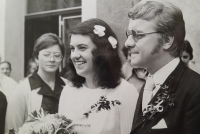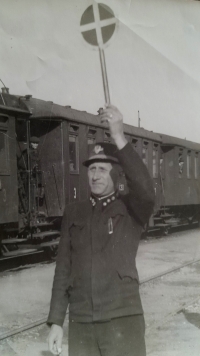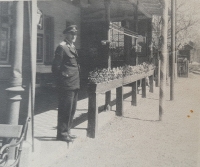I didn’t say I had a cousin in the West, and I almost got fired

Download image
Marie Miškovská, née Pleyerová, was born on May 25, 1950 in Benešov into the family of the railway worker Klement Pleyer and his wife Marie, who was a teacher. She spent her childhood in Dolní Kralovice, where she lived with her grandparents in a modest apartment in the station building. The family were believers. After the communist takeover in 1948, the parents did not go to church because, as civil servants, they could lose their jobs due to church visits. In her story for Memory of the Nation, Marie Miškovská recalls how people lived in ancient Dolní Kralovice in the 1950s and 1960s. In 1964, when it was clear that the village of Dolní Kralovice would be demolished due to the construction of the Švihov reservoir, the Pleyers moved to Benešov to a cooperative panel apartment. In the spring of 1968, Marie graduated from the Benešov grammar school and then entered the Faculty of Arts of Charles University in Prague, where she studied Czech and German language. After graduating from the university in 1974, she was teaching for three years at the grammar school in Benešov and then for a year at the vocational school in Mladá Boleslav, where she moved after the wedding. At the end of the 1970s, she left the education sector to the District Archive in Mladá Boleslav. She worked as an archivist specializing in the German language. The witness had a cousin Richard Carmine living in the Federal Republic of Germany, who visited the family several times in the Czech Republic. When she did not include his name in the personnel questionnaire at the end of the 1970s, she was almost not accepted as an archivist. Marie Miškovská and her husband raised two children.
